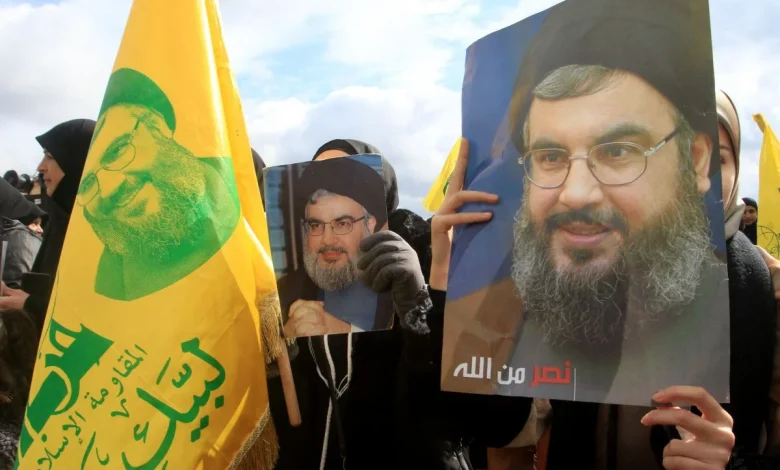Beirut Airport to Close for Four Hours During Funeral of Slain Hezbollah Leader Hassan Nasrallah

Lebanon’s civil aviation authority has announced that Beirut’s airport will be closed for four hours on Sunday, February 23, 2025, to accommodate the funeral of Hezbollah leader Hassan Nasrallah, who was tragically killed in an Israeli airstrike last September.
The closure, which will take place from 12:00 p.m. (1000 GMT) to 4:00 p.m., is a result of the funeral’s significance and the security concerns surrounding the event.
A statement from the aviation authority, reported by official media, confirmed the temporary halt to both takeoffs and landings during these hours.
Nasrallah, long the charismatic and influential head of the Iran-backed militant group, was killed in a massive Israeli airstrike on the southern suburbs of Beirut, part of an escalation of hostilities between Hezbollah and Israel.
This attack came after nearly a year of cross-border tensions, leaving the region on edge.
The funeral will not only mark the loss of Nasrallah but also honor Hashem Safieddine, a senior Hezbollah figure who was named to succeed Nasrallah before his death in an Israeli raid in October.
The funeral ceremony will commence at 1:00 p.m. at a sports stadium in the heart of Hezbollah’s stronghold, Beirut’s southern suburbs, and will include a speech by the group’s current leader, Naim Qassem. The service will conclude with a procession to Nasrallah’s final resting place.
Iran, a key ally of Hezbollah, has pledged to participate in the funeral at a high level, although specific attendees have not been disclosed.
Qassem has called for wide participation, urging Hezbollah supporters to turn the occasion into a show of strength and solidarity. “We want this funeral to be a demonstration of our unity and an affirmation of Hezbollah’s mission and resolve,” Qassem declared, calling on all to “hold our heads high.”
The killing of Nasrallah sent shockwaves not only through Lebanon but across the broader Middle Eastern region, where his leadership had long symbolized Hezbollah’s resilience and power.
Hezbollah has claimed that 79 countries will take part in the commemoration, whether through official representation or grassroots support.
Security concerns surrounding the funeral have been heightened, with the U.S. embassy advising its citizens to avoid the area surrounding the airport.
Nasrallah’s burial site, located near the old and new airport roads on the outskirts of Beirut, was kept secret for security reasons. Safieddine, meanwhile, will be buried in his hometown of Deir Qanun in southern Lebanon.
This funeral follows a November 27 ceasefire deal that ended two months of intense warfare between Israel and Hezbollah. While the ceasefire brought a halt to the fighting, it also left Hezbollah weakened, with several of its senior commanders, including Nasrallah, lost in the conflict.
As Beirut prepares for this monumental occasion, the eyes of the world remain fixed on the city, where Nasrallah’s funeral will likely mark a pivotal moment in Hezbollah’s history and the region’s ongoing turmoil.





